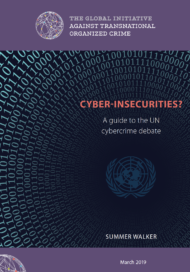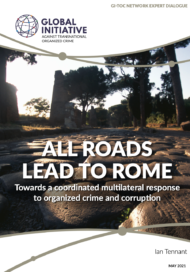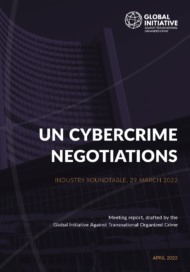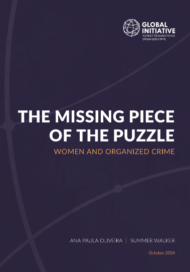Posted on 04 Mar 2019
This brief focuses on cybercrime in an international context, exploring in particular why the United Nations is still trying to find its footing as an agenda-setting institution on countering cybercrime.
One study in 2018 on crimes related specifically to illicit access to networks or computers found that cybercrime costs roughly US$600 billion globally; it affects nearly two-thirds of people who use online services; and it is rapidly increasing owing to new technologies and cybercrime service centres. There are many heightened risks related to cybercrime and the development of new technologies or new uses for existing technologies, such as the Internet of Things and artificial intelligence.
At the same time, at the UN, states have struggled to address cybercrime in a coherent manner. The increased use of cyber-tools and -platforms for political and military objectives by states has generated a lack of trust among governments over cyber-related issues. While states are aware that cybercrime is a common international concern, they do not share a common understanding of how cooperation should work to address the challenge. This lack of congruity in the international response is connected to a growing breakdown in trust among governments, private companies and citizens regarding how cyberspace could, or should, be regulated – even at national and regional levels. Among states, and between stakeholders, this want of a shared vision has hindered the ability to address cybercrime at the UN.




